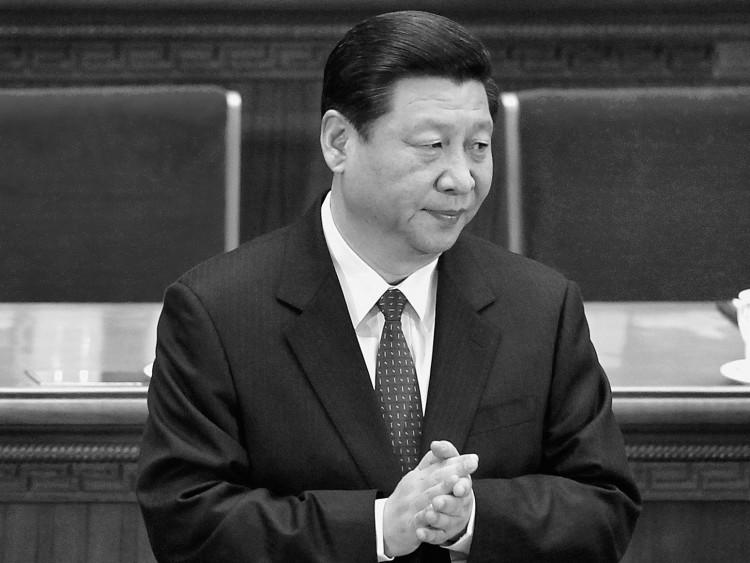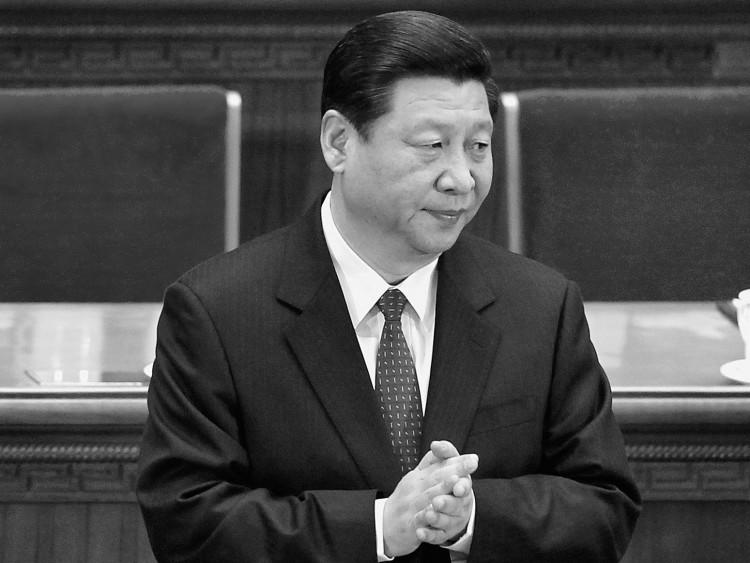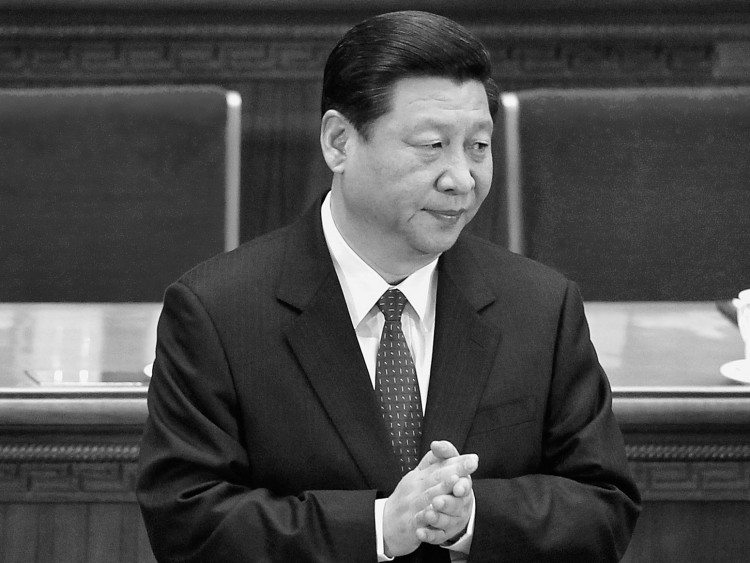News Analysis
On the eve of his ascent to the communist throne, the political aspirations of the next leader of China remain a mystery to the world. On Thursday, Xi Jinping, 59, will be unveiled as the new general secretary of the Chinese Communist Party (CCP), and in March 2013 he will become the chairman of the People’s Republic of China.
Xi was a compromise candidate agreeable to both the faction of former Party head Jiang Zemin and Hu Jintao, the current head of the Party. The two sides have been locked in a power struggle throughout Hu’s 10-year tenure, with the struggle escalating greatly since former Chongqing police chief Wang Lijun attempted to defect at a U.S. Consulate in February.
Wang revealed a plot by his boss, Bo Xilai, who was the standard bearer for Jiang’s faction, and others to oust Xi Jinping from power after the Party Congress. The Party has since been dominated by attempts by Jiang’s faction to disrupt the transfer of power to Xi, by Hu Jintao to weaken Jiang’s faction, and by the question of Bo Xilai’s fate.
In September, Xi disappeared for nearly two weeks. This, according to a well-placed source, was due to a deep reluctance to take the reins. His withdrawal caused consternation among Party leaders, as there was no one else acceptable to both sides.
A deal was made: Xi would continue as regime leader; the Nov. 8 date was set for convening the Party conference; Bo Xilai’s political career was agreed to be over; and the Party would begin to “systematically eliminate the residual influences of the Great Cultural Revolution and gradually discard Mao Zedong Thought, Marxism-Leninism, and so on,” according to the source.
Xi Jinping was born on June 1, 1953, in Beijing. He is the son of a top Party veteran Xi Zhongxun, who fought with Mao to seize China. Due to his father’s role as propaganda minister, Xi grew up enjoying the privileges of the communist elite. That changed in 1962, however, when his father was removed from his post and put under house arrest for supporting the publication of a book criticizing Mao.
When Xi Jinping was 13 he made remarks against the Cultural Revolution and so was detained in a labor camp for youth.
In 1969, before he turned 16, Xi was sent to Liangjiahe, a small village in the northwestern province of Shaanxi to do manual labor. He spent seven years in a rural area, with no electricity, until the end of the Cultural Revolution, when he was able to attend college. He was 23.
As his father’s political rehabilitation progressed, Xi entered the prestigious Tsinghua University. He graduated in 1979 and later become the secretary to Geng Biao, the former defense minister. There he learned how the military works, and how its factions operate.
In 1982, Xi became the deputy secretary of the CCP for the county of Zhengding in Hebei Province. During that tenure he had occasion to visit Muscatine, Iowa, as part of an agricultural delegation.
Sarah Lande, who hosted him for a dinner then, remembers Xi. “He’s confident and competent as an individual,” she said in a recent telephone interview. Lande is currently involved in creating a sister-city relationship between Zhengding and Muscatine.
In 1985 Xi became Party secretary of Fuzhou, a city in Fujian Province. He later became governor of the province, then the Party secretary of Zhejiang Province, then of Shanghai, before promotions to the Politburo and its Standing Committee, the real power center of the regime.
Xi was made vice chairman of the CCP Central Military Commission in 2010, a key step in the ritualized anointment process for him to take over the leadership of the Party this week.
In 1987, Xi Jinping married his second wife, renowned soprano Peng Liyuan. Peng is head of the Chinese Song and Dance Ensemble in the General Political Department of the People’s Liberation Army, and a major general.
Their daughter, Xi Mingze, studies under another name at Harvard University. None of Xi’s direct family members remain in China.
The direction that Xi will take China in is unclear, although a Reuters account of Xi’s conversations with reformer Hu Deping suggest Xi is serious about political reform.
On the first day of the 18th Party Congress, Hu Jintao announced that the regime should “neither walk the closed rigid old road, nor the evil flag-changing way.” What this meant for possibilities of reform in China was unclear, but for many it almost extinguished hope.
As Hu made his speech, and during the Party’s ceremony, half a dozen of the Party’s old veterans turned out to make their presence felt. Though many of them, including former regime leader Jiang, hold no official posts, they still exert influence over Party politics. It is these entrenched figures that suggest any rapid push for change by Xi will be difficult.
Editor’s Note: When Chongqing’s former top cop, Wang Lijun, fled for his life to the U.S. Consulate in Chengdu on Feb. 6, he set in motion a political storm that has not subsided. The battle behind the scenes turns on what stance officials take toward the persecution of Falun Gong. The faction with bloody hands—the officials former CCP head Jiang Zemin promoted in order to carry out the persecution—is seeking to avoid accountability for their crimes and to continue the campaign. Other officials are refusing any longer to participate in the persecution. Events present a clear choice to the officials and citizens of China, as well as people around the world: either support or oppose the persecution of Falun Gong. History will record the choice each person makes.
The Epoch Times publishes in 35 countries and in 19 languages. Subscribe to our e-newsletter.
Click www.ept.ms/ccp-crisis to read about the most recent developments in the ongoing crisis within the Chinese communist regime. In this special topic, we provide readers with the necessary context to understand the situation. Get the RSS feed. Who are the Major Players?







